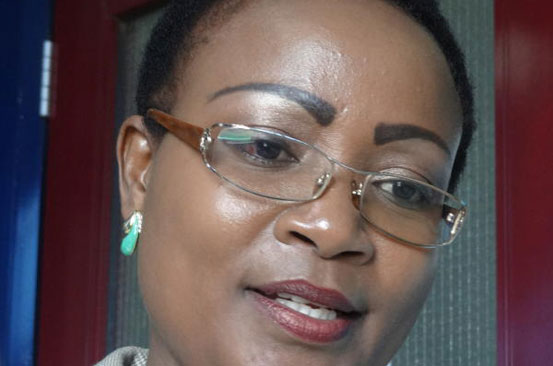×
The Standard e-Paper
Fearless, Trusted News

It has been a charged week in Kenya what with sexual harassment charges flying hither and thither with the suspects being none other than Members of Parliament who are supposed to be honourable.
By all standards, that is a situation that can only be described as shameful, sad and unacceptable.